Survey shows most of you opt to pay for your security
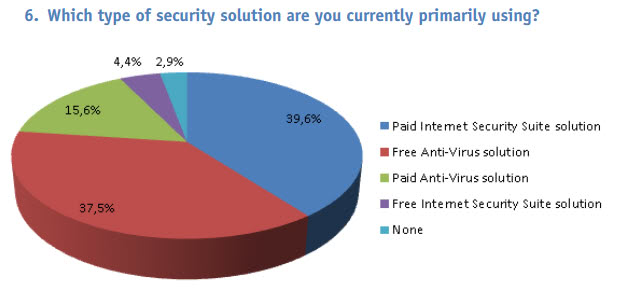
By the title above I did not mean to imply that people are pirating their anti-virus software. While some likely do, there is probably not much that could be worse than running a pirated copy of a program that is designed to protect you and actually trusting it to do so. No in fact, what I meant is that a recent survey shows that most people opt for paid solutions over free ones.
The margin of difference, however, was quite small. The 2013 Security Survey, produced by the independent AV-Comparatives organization shows that 39.6 percent of people worldwide use a paid security suite solution. 37.5 percent opt for one of the free anti-virus programs on the market versus 15.6 percent who purchase stand-alone AV software. Free security suites garnered just 4.4 percent of the results and just 3 percent of us choose to run without security.
Results also varied by region, with Microsoft's free Security Essentials being the most popular program in North America, while Europe and Asia prefer paid security suites. While the Redmond-based software company had the most popular program in North America, Avast took the title in both Europe and South America, with Kaspersky taking the crown in Asia.
The survey also looked at variables such as operating system, preferred web browser, mobile platform and where the person taking the survey was located. The majority, 43.8 percent of respondents, were from Europe.
Results of those variable showed Firefox edging Chrome as the most popular browser, with Internet Explorer falling far behind both. Not surprisingly, Windows 7 64-bit was far and away the most popular operating system and Android crushed all competitors on the mobile side.
What Do You Use?
Given that Ghacks has a more techie audience than those that made up the majority of the likely respondents in this survey, I am curious to hear what all of you use. I, for one, have not used an anti-virus program in some time, though given that I run Windows 8 on all of my computers, I suppose that is not entirely true since the operating system comes with Windows Defender built-in.
Advertisement
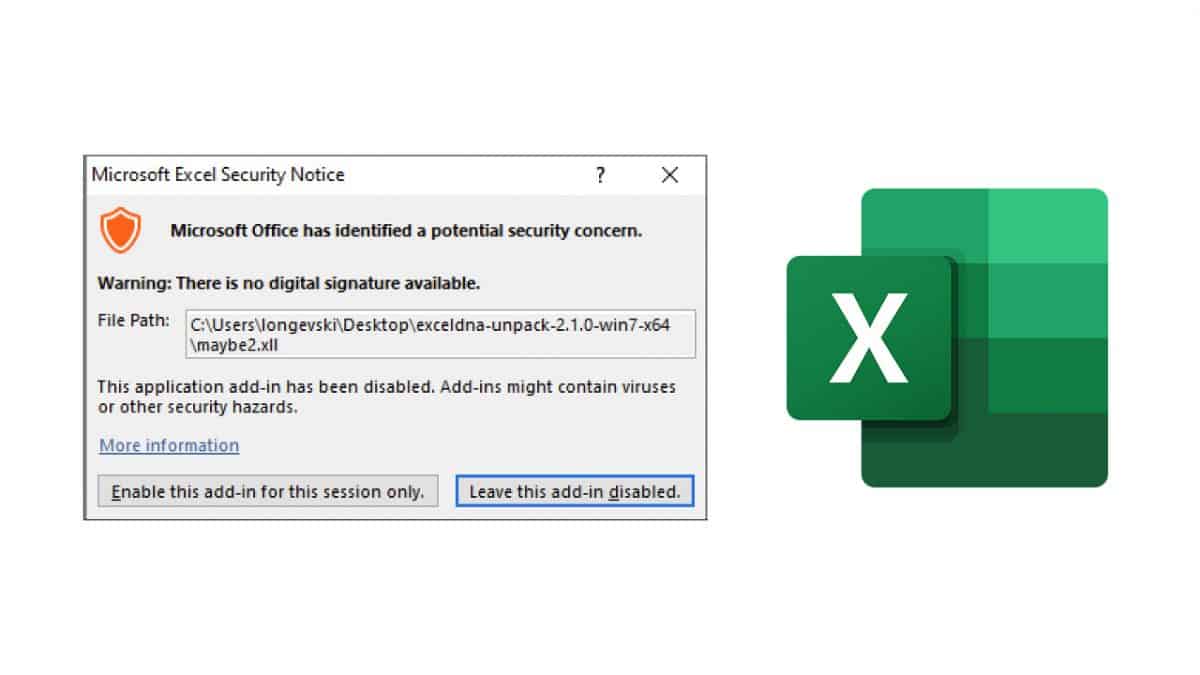
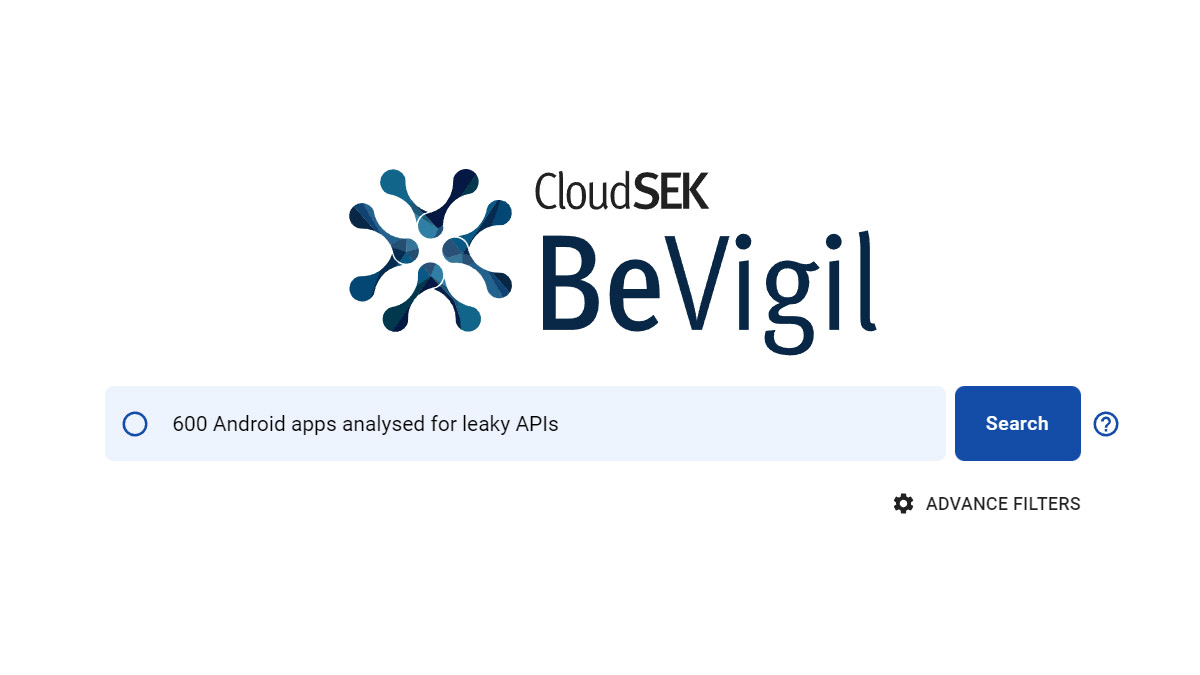
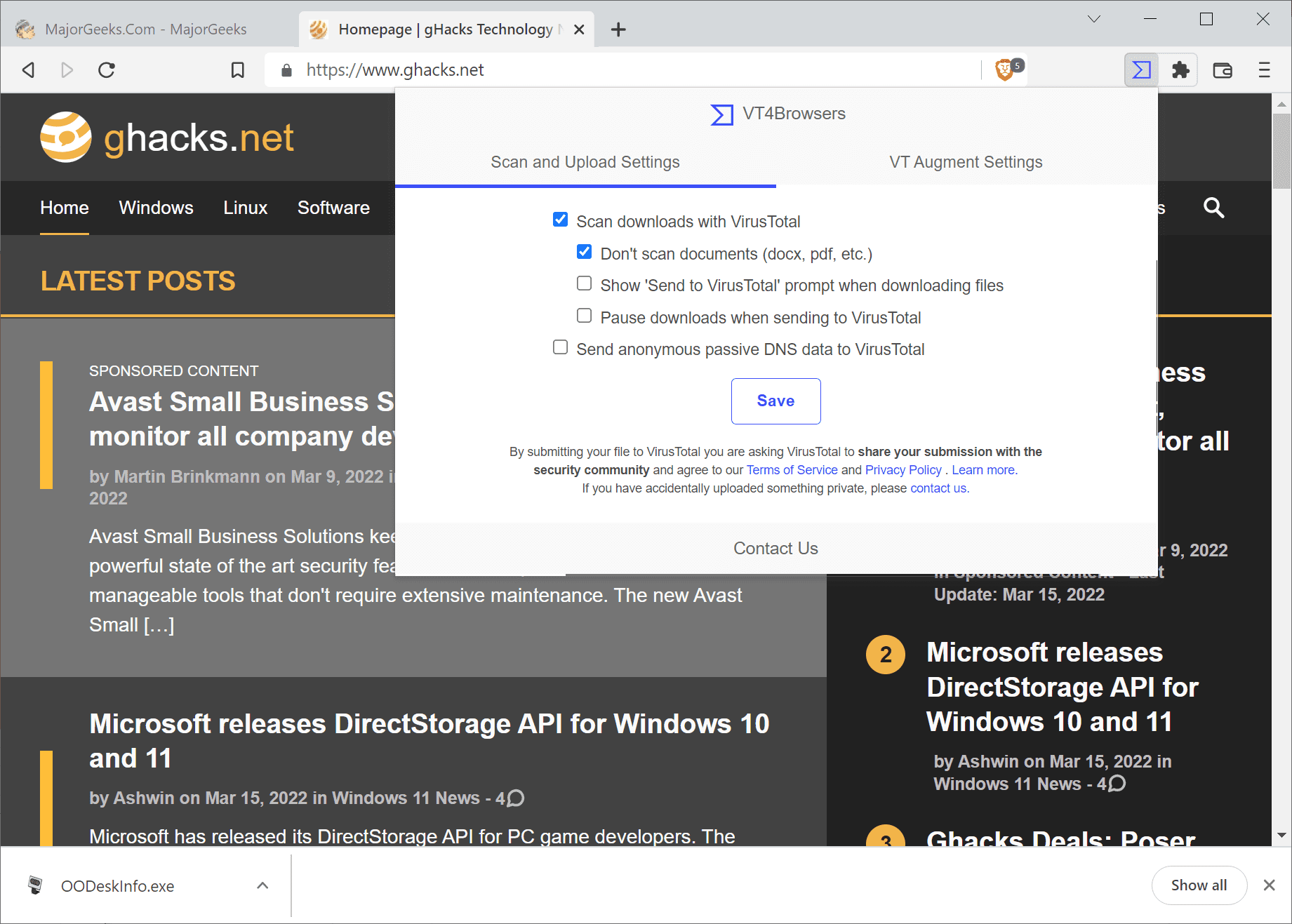
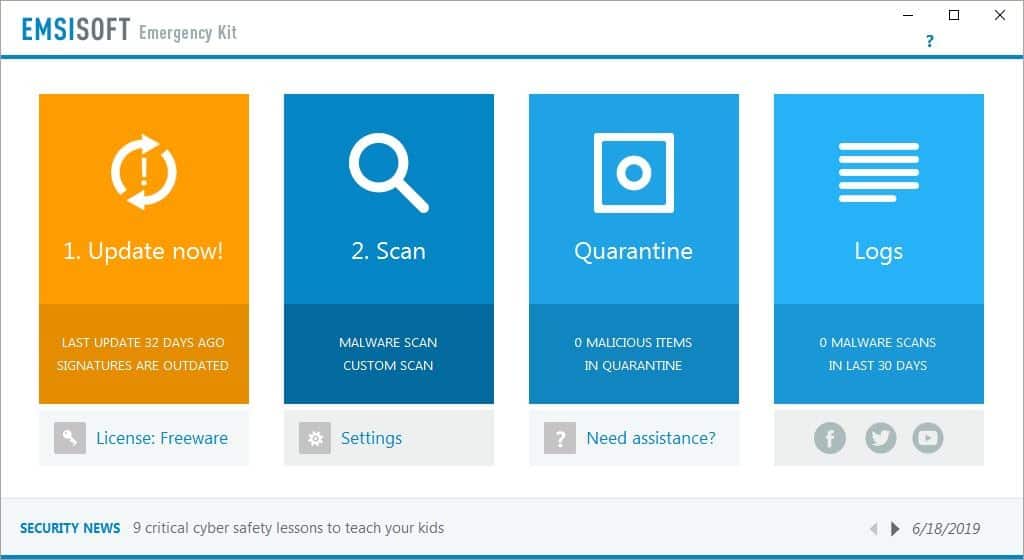
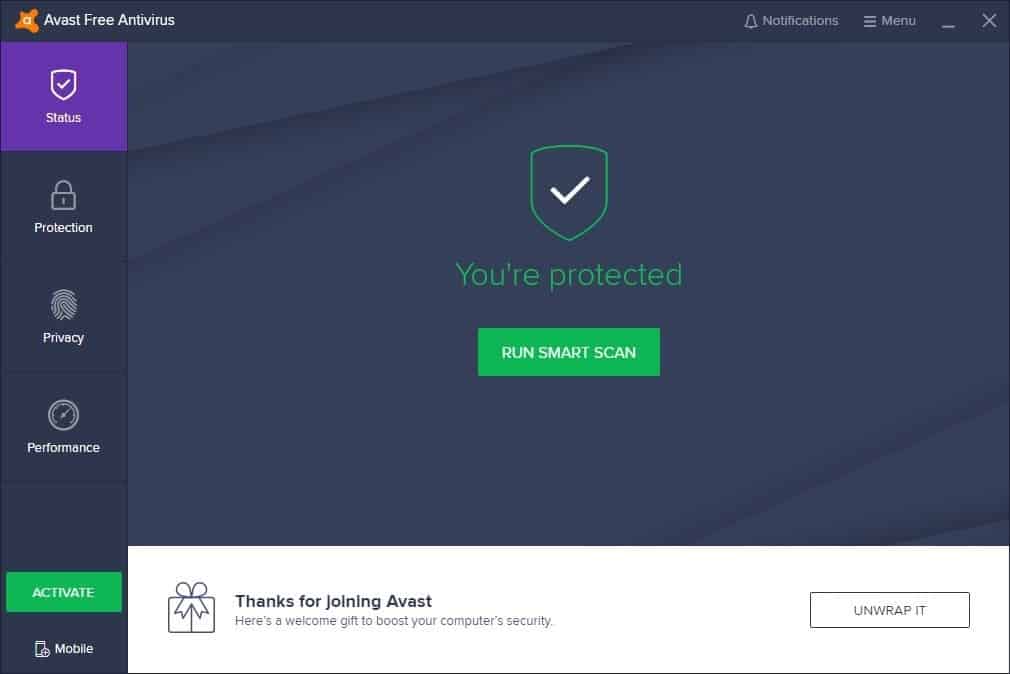
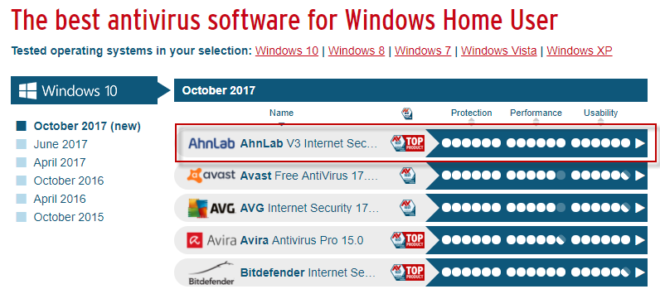

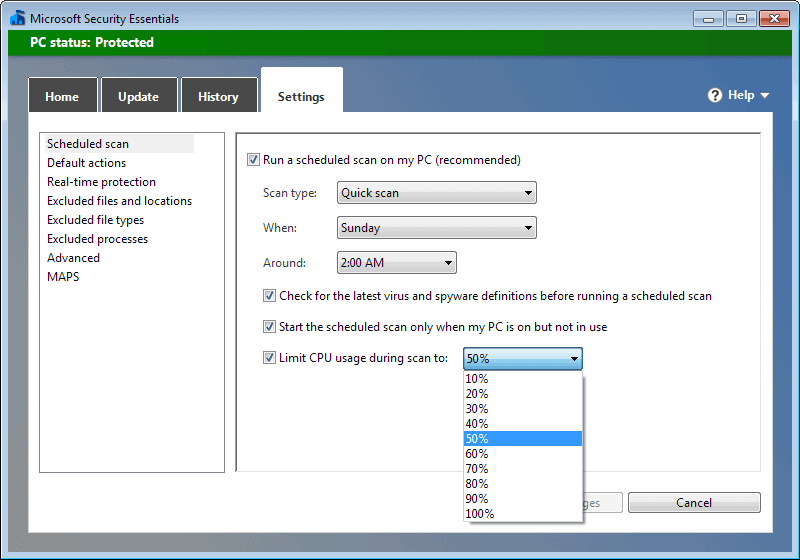
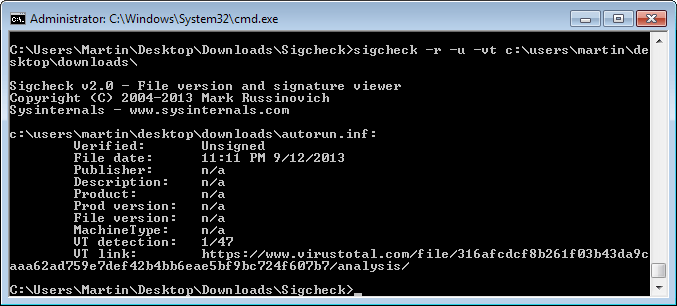
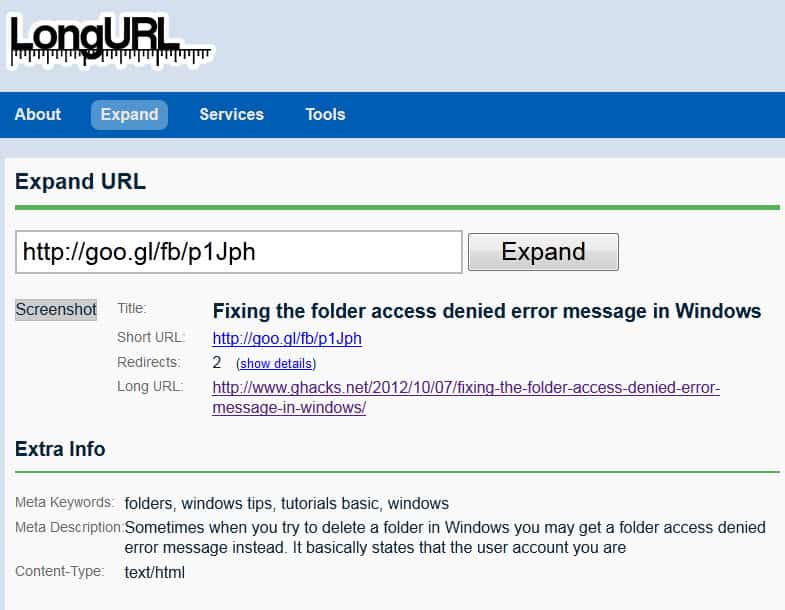










I have used most of the free AVs over the years and finally got sick of the hassle of having several different products trying to work together and of cleaning up my computer when there was a breach, not to mention the waste of time. I do a lot of research online and visit a lot of sites, you can’t always tell what is infected before you visit. I went with Norton. I have been happily surprised at how well it works, the price was great, I have no complaints. I like being able to just forget about it for a change. It’s caught and removed several things during the past year or so since I’ve had it and just did it’s thing with no hassles or disruptions for me.
I’m a firm believer that common sense is the best defense and that that users with risky habits will never be truly protected no matter which software they use.
Personally I use an AV just for “peace of mind”, to protect against random exposure to malware from email attachment, etc. (and it is worth noting that for working with files from unknown or not 100% reliable sources a Sandbox is a much more appropriate solution than an AV resident scanner). For this purpose I use Windows Defender on Windows 8, and its MSE variant on Windows 7. Not that I think that it is the best nor am I looking for the “best”, I’m just looking for a relatively reliable, low-resource and unintrusive tool to do this basic task.
When I’m not using MSE, I usually prefer to pay for the AV, not because I think the paid version is any better performance wise, but instead to support its development. I also really don’t like all the ads and/or third party content that is usually bundled with the Free versions, and because most AVs nowadays could be considered affordable (and there are discounts and sales from time to time that make them even more affordable) I prefer to pay to rid the system from them as well, kind of a two birds in one stone scenario.
When I help others that cannot/won’t pay for a license, I usually recommend MSE, Avast!, or Avira, although lately the Free version of Avira has became too intrusive in my opinion so I haven’t recommend it in a while.
Personally I don’t like Security Suits and prefer to opt for the individual standalone AV. I think that most Internet Security Suits are bloatware bundled with so much unnecessary, sometimes useless, components (to justify their cost); and I don’t really like the Security Suits because usually the to two components (AV and FW) are not of the same quality. I much prefer to build my own security toolbox and choose the right tool for each task.
Avast —- M/bytes pro
AVG Free. I selected the free version of a program that had the best overall ratings in AV-Test. I also use free versions of Windows 7 Firewall Control, Malwarebytes for offline scanning, and various plugins for the browser, such as Adblock, pop-up blockers, Do Not Track, etc.
i visit some questionable sites on occasion. i have been using bit defender anti-virus for 5yrs and it has protected my computer admirably.
1. Sandbox whole OS with Shadow Defender.
2. Avast. Dont really need it due to #1 though.
I use MSE and I’ve also loaded Microsoft EMET, both free products. I’ve used Malwarebytes on occasion, but the automatic download of Microsoft Malicious Removal Tool once a month takes care of that. Not sure what to use for a tablet yet…I guess it depends on the OS.
Absolutely no disrespect to av-comparatives or ghacks, but are such surveys meaningful? The average user has probably never heard of either, spends most of their time on Facebook and is running whatever AV came pre-installed on the PC or AVG free which, as everyone knows, is THE BEST. .
Forgot to mention,in addition to the above,Win Patrol PLUS.The only program I’ve EVER paid for…& that was on offer at the time for the princely sum of the equivalent of 1 whole dollar so I grabbed it!
avast free for me. i have no idea what i would have to do to ever need more than that and i’m no stranger to the riskier sites out there. why would anyone pay a single cent for antivirus/IS is beyond me.
Sandboxie (Paid) + AdblockPlus (Free) + NoScript (Free).
Chucked antivirus and never looked back.
I’m all for a completely free security solution :)
Easy to forget that free anti-malware is comparatively recent. In the early 1990s you paid or you did without. At that time I wrote to a major UK computer magazine, giving my opinion that free anti-virus solutions were urgently needed, not just to protect those who wouldn’t/couldn’t pay, but to protect us all.
I was comprehensively ridiculed in that month’s editorial.
I’m using Kaspersky – though with less and less enthusiasm each year. Their pricing structure does themselves no service, and it’s a joke when I can buy a new installation disk from Amazon for half the price of a direct online Kaspersky renewal.
On top of that, Kaspersky seems recently to be woefully slow in matching their application to new Firefox updates – updates which have been available as nightly feed for weeks, even months. Currently, their rootkit scans won’t work on my machine, after a recent update – no answer in sight other than disabling rootkit scans.
Kaspersky is still, IMHO, the best available internet security suite. But also IMHO they’re getting a little lazy and spoiled by their own success. In a recent forum I was flamed by a moderator for “‘asking the same old question again!” (I’d only ever asked the question once!)
I hope they don’t end up killing the golden goose…
Most internet security software these days is shockingly overpriced. I’m still convinced that paid solutions are better than free ones – perhaps only marginally, but in an area where margins count. As with so much software, lower prices would increase sales. I’m retired on a fixed income – by this time next year I may have no choice but to rely on a free solution, whatever the advantages of a paid one.
I use Eset A-V on my main compute and M$ Security Essentials on my less used machines which I don’t use for general surfing.
Panda Cloud Antivirus Pro (includes a firewall) on Windows 8 64-bit.
When this expires (I scored 1 year free), I’ll go back to the free Panda Cloud, plus Comodo for the firewall.
Additionally, I use SpywareBlaster, HOSTS, and NoScript (on Firefox).
I’m a “techie user” and I also use Kaspersky IS2013 because it’s one of the most advanced and customizable suites available. Almost all of them let you restrict internet access and detect known-malicious apps. Some are good at protecting against keyloggers and the modification of trusted apps. But only a few let you control what apps can take screenshots/video of everything you do and what apps can access your personal files on a per-folder basis. And Kaspersky, despite having its flaws and at times being fairly cumbersome to customize with advanced configurations, does that better than the rest.
Consider the permissions that Android, Windows Phone, and iOS prompt you to grant when you install apps. Internet? Email? Calendar? Contacts? Microphone? Camera? On a desktop OS, apps have ALL of those permissions and more by default. That’s starting to change (Windows 8 Metro apps, for example), but it makes desktops inherently less secure out of the box. Replicating that level of control on a desktop with security software is challenging, but choosing a security suite that provides at least some of that control is crucial to protecting your security and privacy.
I have used ZoneAlarm security suite for many years but they became not so reliable anymore.
I am now using already for years ESET products with much pleasure. Right now ESET Endpoint antivirus version 5.0.2126.0 in the 64 bit version is main poison of choice.
I use Kaspersky IS. No free AV matches the best paid suites for security but a techie user with a good backup plan (and ability to disinfect or restore from an image if required) may be able to get away with a free AV.
Non-techie users or those with risky behavior should stick to a good paid suite – the fact that so many don’t just helps to spread infections.
Agreed. I am careful about behavior and every PC’s files are backed up to a home server and Crashplan. Images of the original install, with my favorite apps added, are also on the home server. Because I test a lot of software I use the images for periodic reinstalls anyway, just to clean things up.
Avira Free Antivirus
Windows Defender
Malwarebytes Anti-Malware
Spyware Blaster
Exploit Shield
HOSTS(Cameleon,Zeustracker,Malware domain list)
…& all free,why shell out!?!?
Because it really depends on what you do, and where you do it. If all you do is check e-mail, social networking, and maybe online shopping, chances are you won’t need anything outside freebies. But look at it this way. You didn’t pay anything so you can’t blame anyone if you get screwed. On a scale of 0 to 10 being where 0 means no virus scanner of any sort including any Windows installed versions. Freebie scanners only rank as high as 6/10 and even as high as 6.5/10 but no higher.
Some can detect the things paid softwares can but they can’t remove, quarantine, clean, or protect against them. Others don’t even recognize there are any present. Some squawk, bleep, and flag stuff even the paid ones do automatically as if it were a big deal.
I’m with Norton’s now, but I prefer McAfee’s ~ I made the change when I realized McAfee’s (besides being a memory hog) feature to include safe program lists doesn’t actually do anything to over-ride its active scanner I made the jump to Norton’s because not can I only set it to ignore certain programs/files, I can get it to ignore whole directories. And on top of that, Norton’s does a lot less than McAfee’s but it oddly costs more.